A simple DNA test gifted by her son changed Claire’s life forever. What started as a fun way to explore her family tree turned into a shocking revelation—she had been switched at birth 55 years ago in a hospital mix-up.
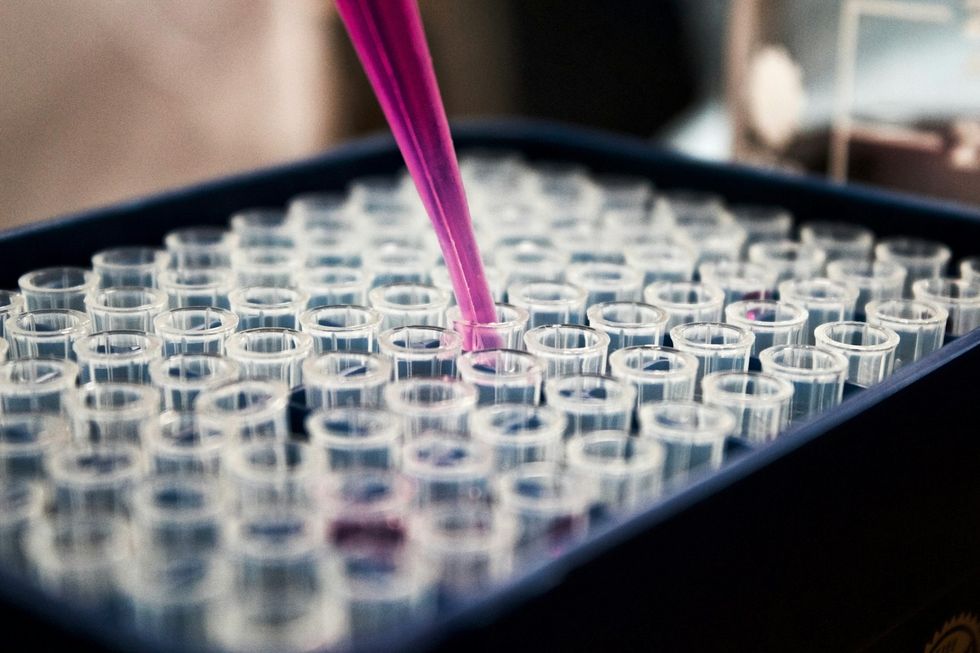
The test results immediately raised questions. Claire noticed that her ancestry didn’t match the region her family was from, and even more puzzling, a first cousin she had never heard of appeared in her matches. But the real surprise came when she saw a match for a full sibling she didn’t know existed. According to a report by the BBC, this discovery marked the first documented case of a baby swap within NHS UK, revealing a decades-old hospital mistake.
For Claire, it was an answer to a feeling she had carried all her life. “I felt like an imposter,” she admitted. “There were no similarities in looks or traits. I thought, ‘Yes – I’m adopted.’”
Not long after, a man named Tony reached out to Claire with a message that would change everything.
“Hi, my name’s Tony. I’ve done this DNA test. You’ve come up as a full sibling. I’m thinking it’s a mistake. Can you shed any light on it?”
Confused, Claire and Tony began piecing together their family histories. They soon realized that Claire and another woman, Jessica, had been born in the same hospital in 1967—and they had been sent home with the wrong families.
"The ripples from this will be enormous. If you want to leave it here, then I’ll absolutely accept that, and we won’t progress this at all."
— Tony to Claire
Claire knew she couldn’t ignore the truth. She was determined to meet her biological mother and brother, but the revelation was deeply shocking for Tony’s mother, Joan.
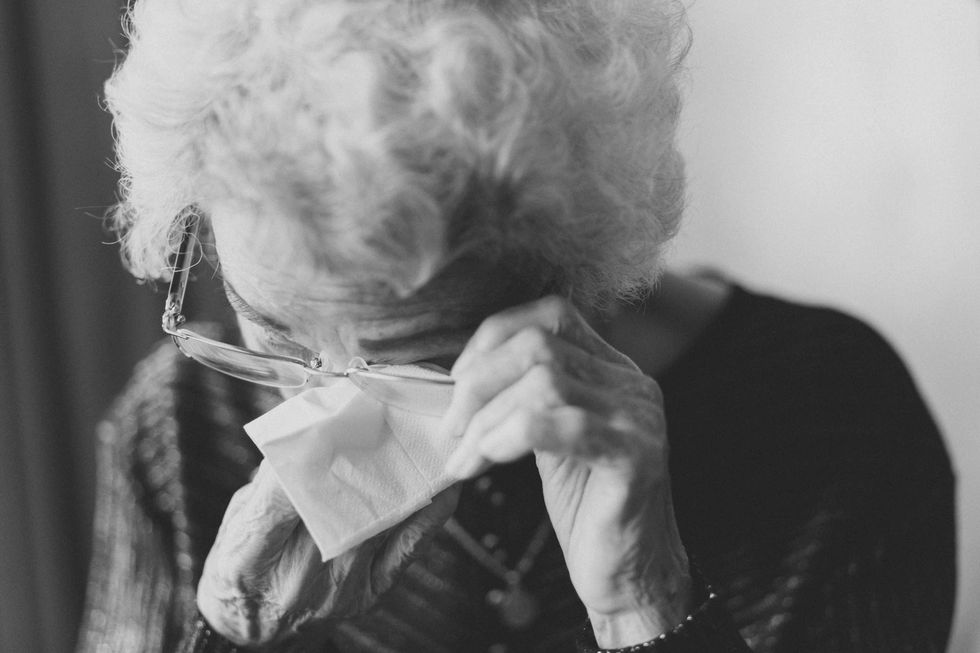
Joan had planned a home birth but was taken to the hospital due to high blood pressure. She only saw her daughter briefly before the newborn was taken away so she could rest. When she saw the baby again the next day, she was surprised—her daughter had fair hair, unlike the rest of the family. But in her excitement, she brushed it off and never suspected anything was wrong.
Decades later, Joan was now learning that the baby she raised, Jessica, was not biologically hers.
Despite the overwhelming emotions, Joan and Claire met in person—and immediately felt a connection. Claire now calls Joan "Mom," while Jessica does not. According to Independent UK, their meeting was emotional, with both women embracing the truth of their long-lost connection.
For Claire, meeting Joan and Tony was a life-changing moment, but for the National Health Service (NHS), it was a historic first. The NHS stated that this was the only documented case of a baby swap within their system, and they are now considering compensation for the families involved.
Even though Claire and Jessica grew up in different families, Joan expressed that her love remained unchanged. “I just believe I have one more daughter now, and I still consider Jessica my own,” she shared.
While the mix-up was an undeniable shock, Claire has embraced her newly discovered family—and for Joan, it simply means there’s more love to go around.





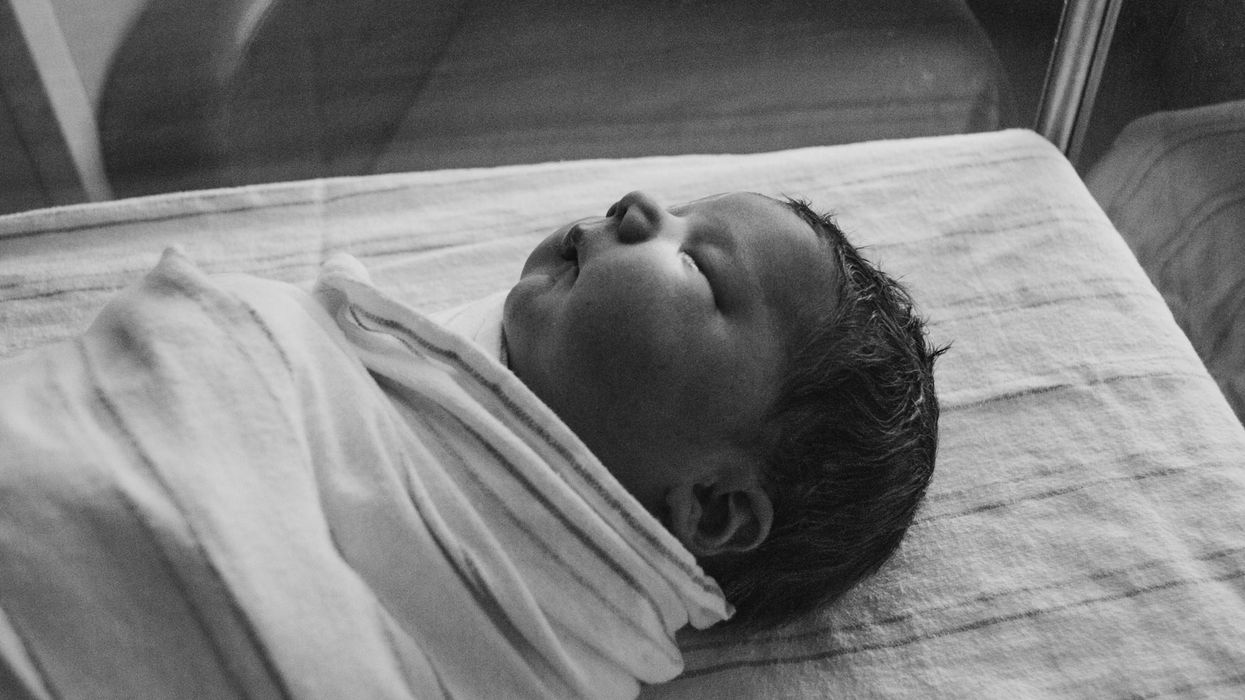


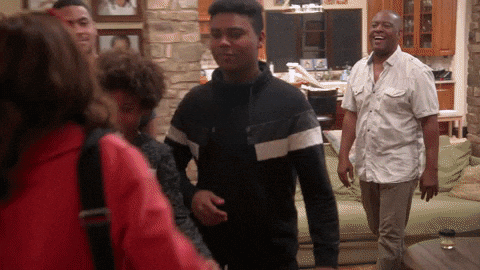
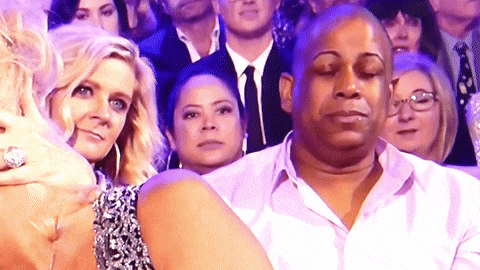




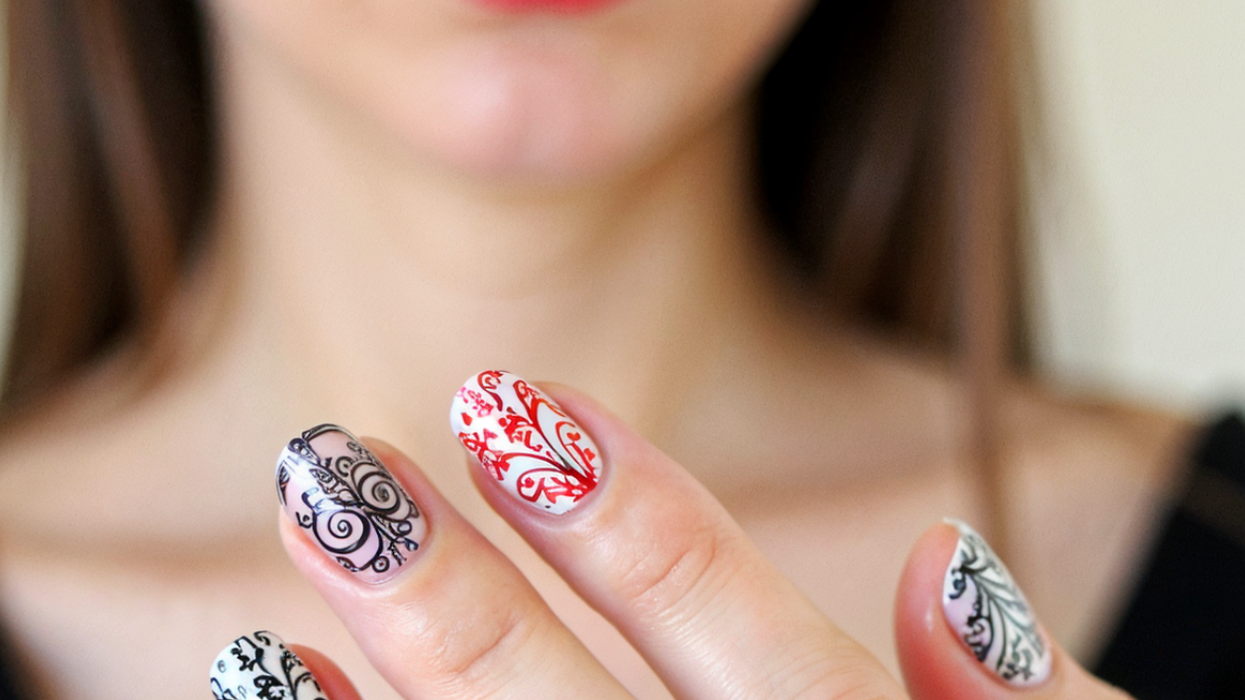



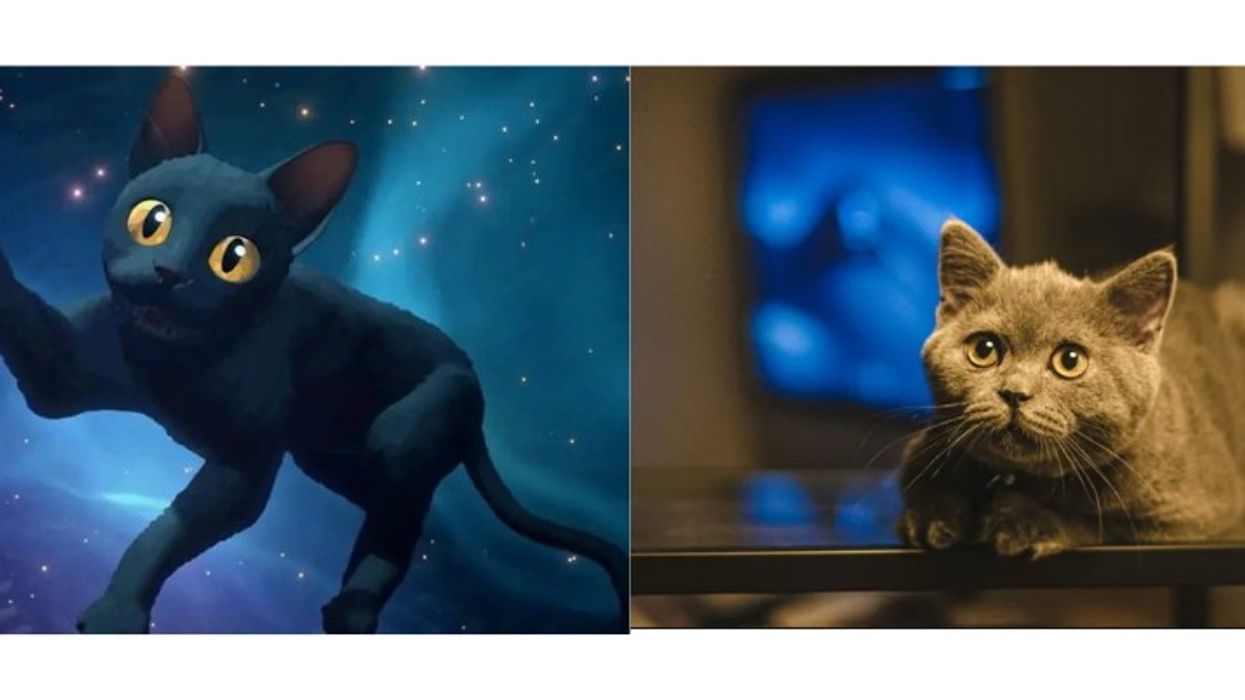


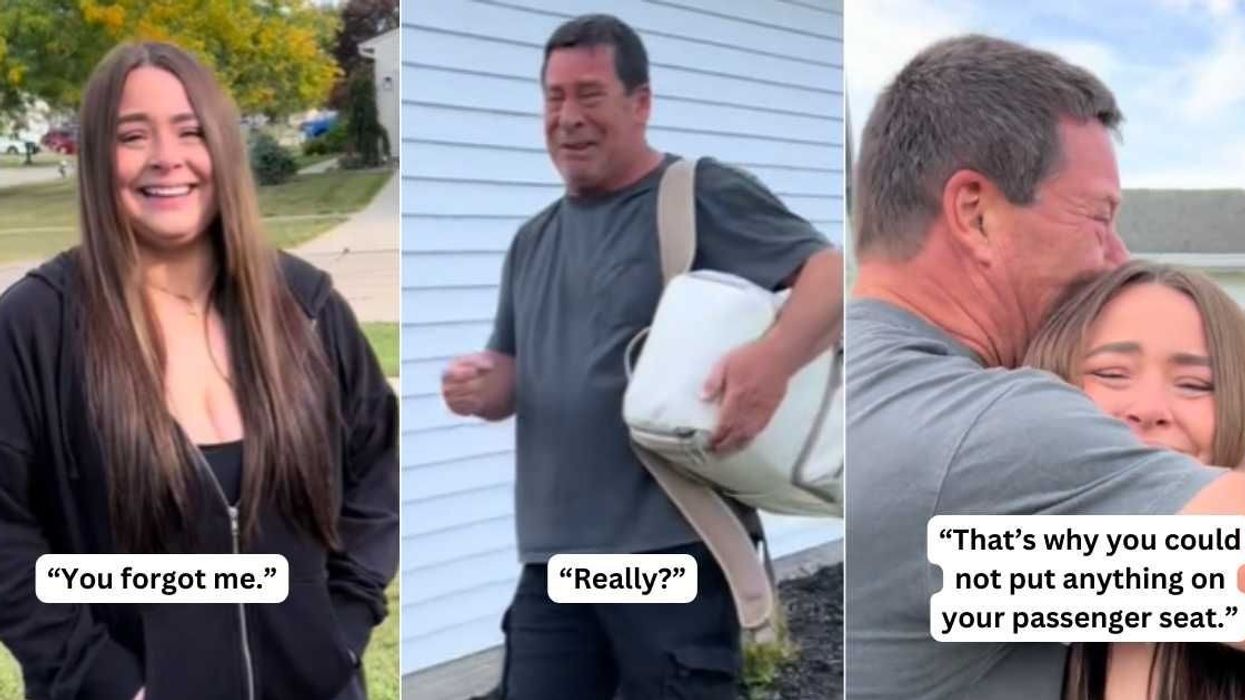
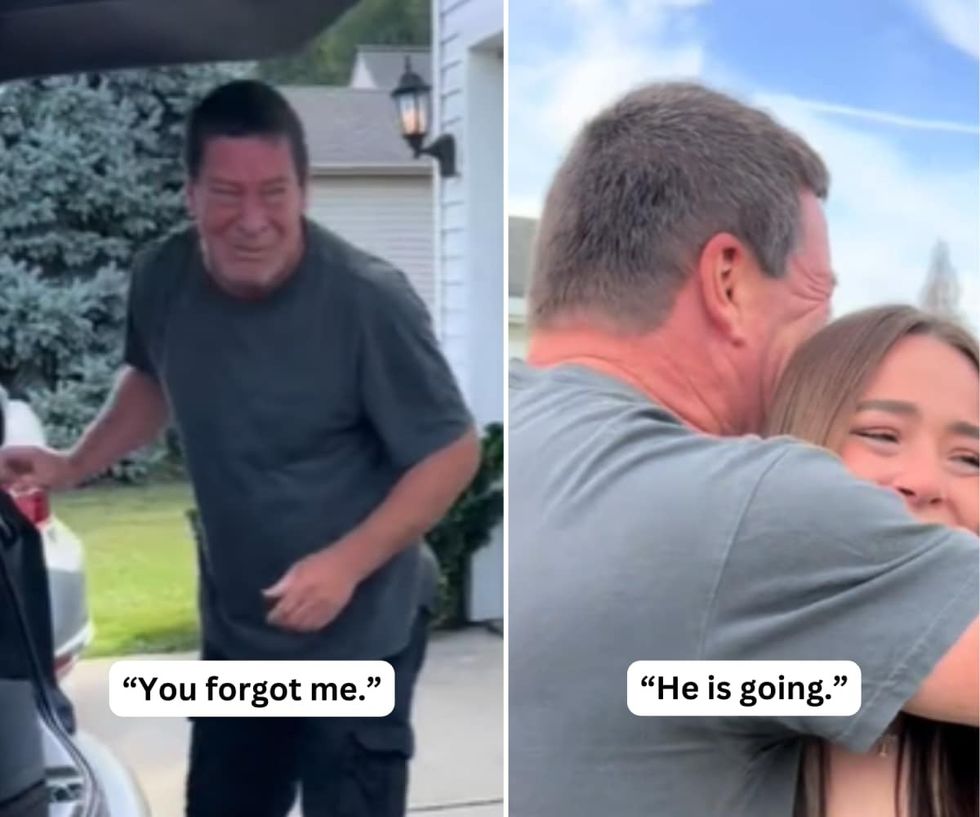

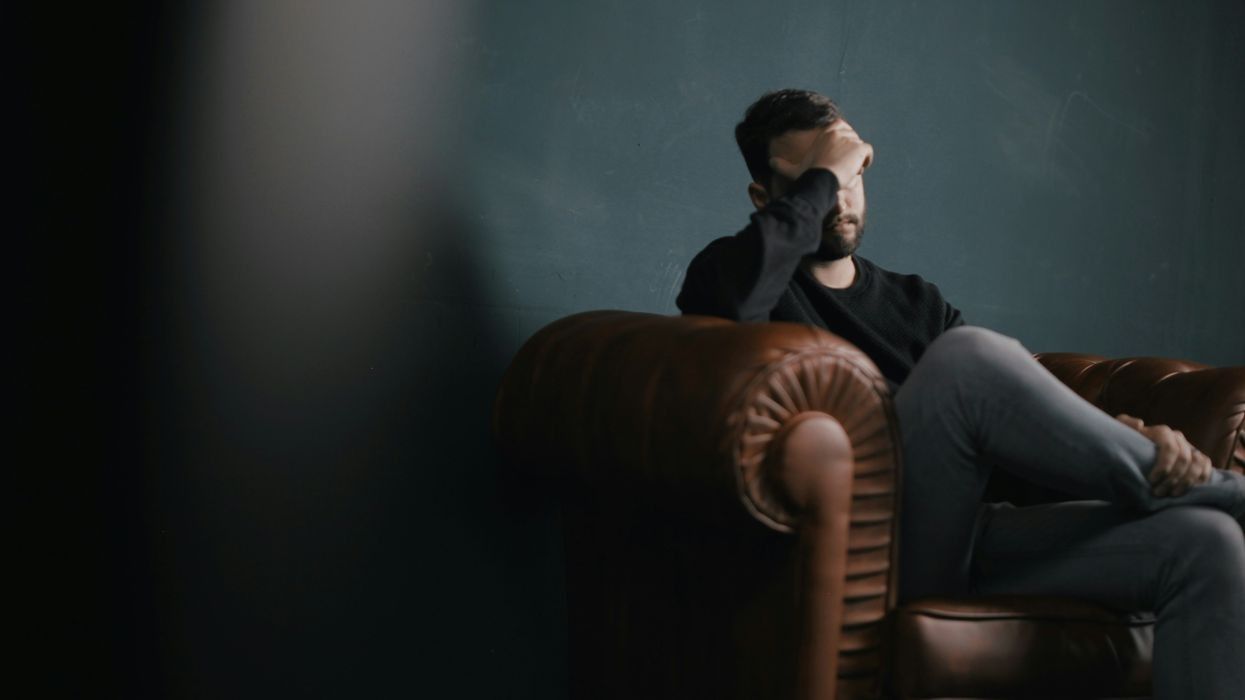



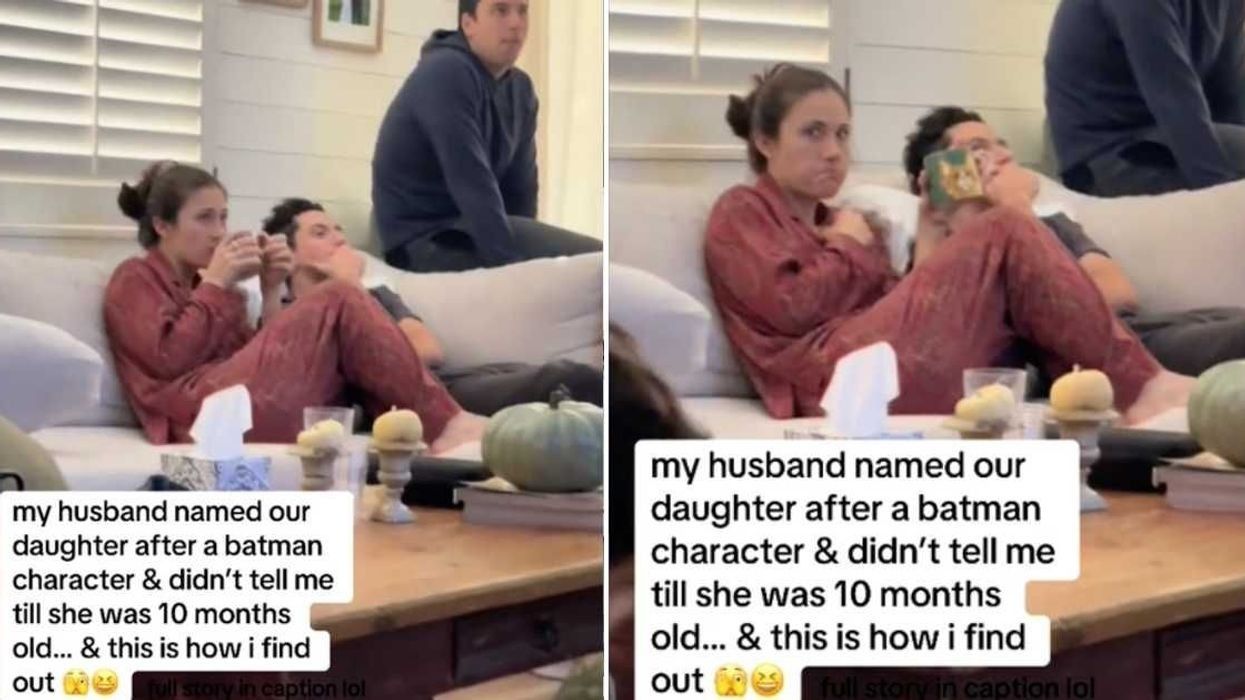
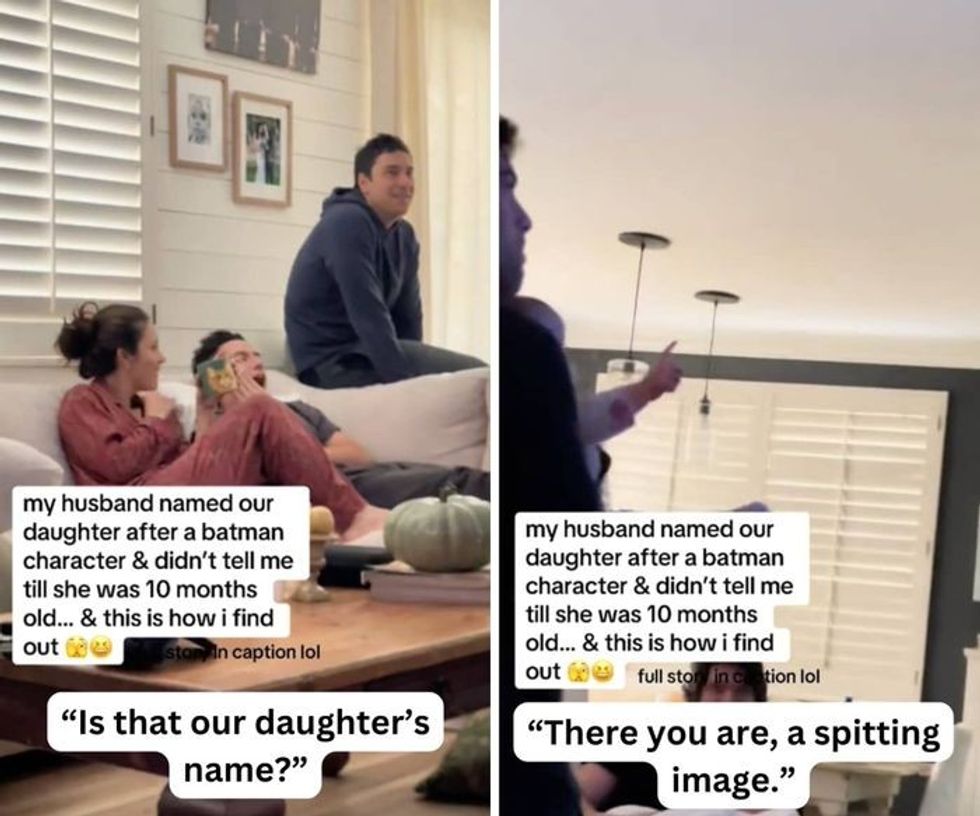
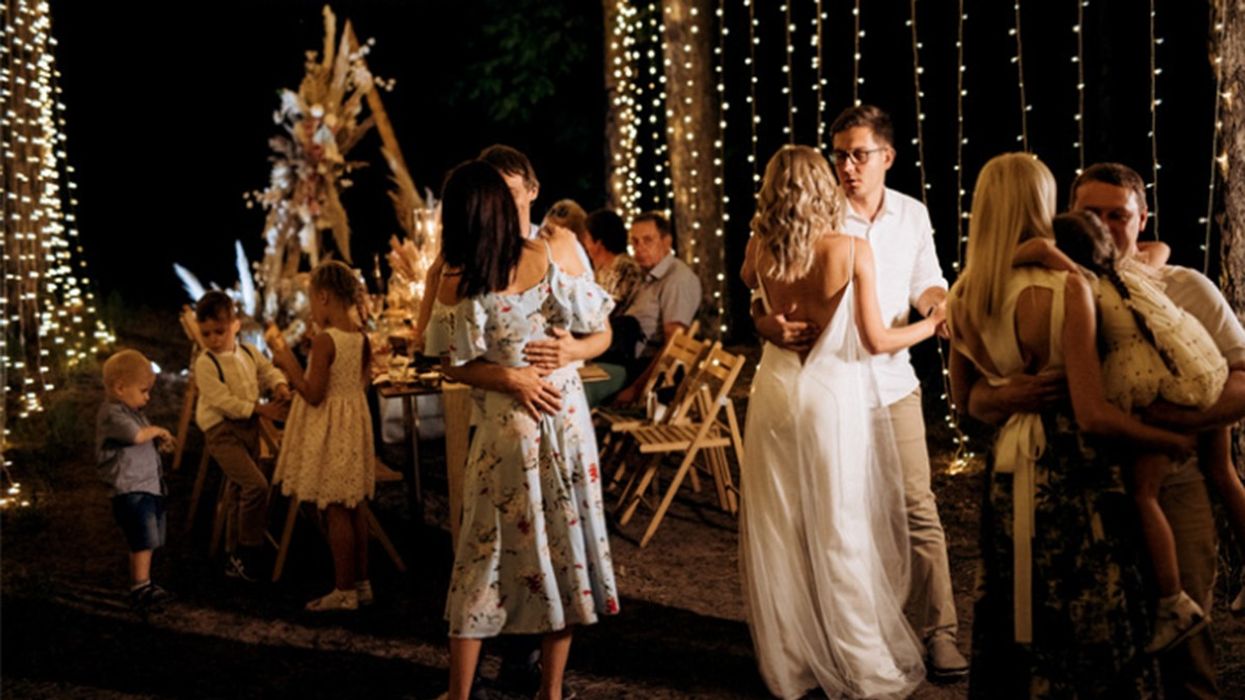
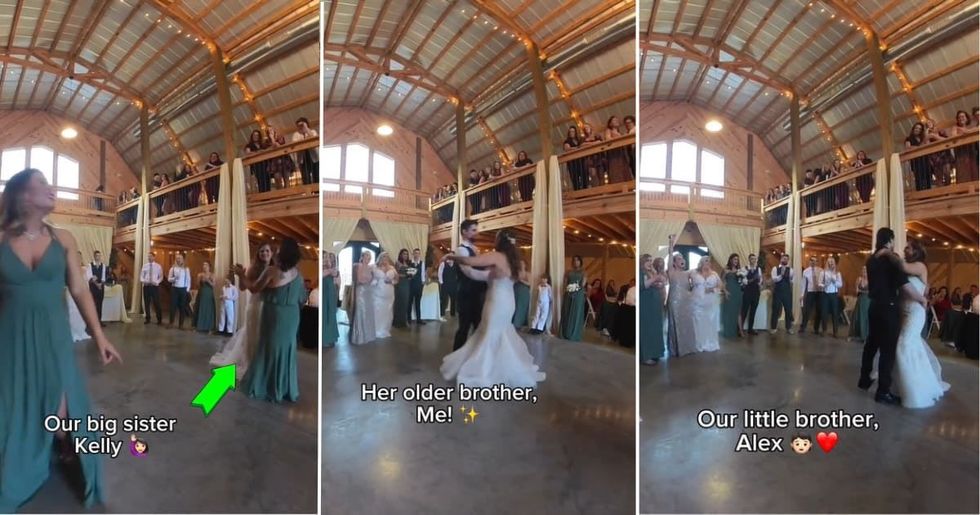
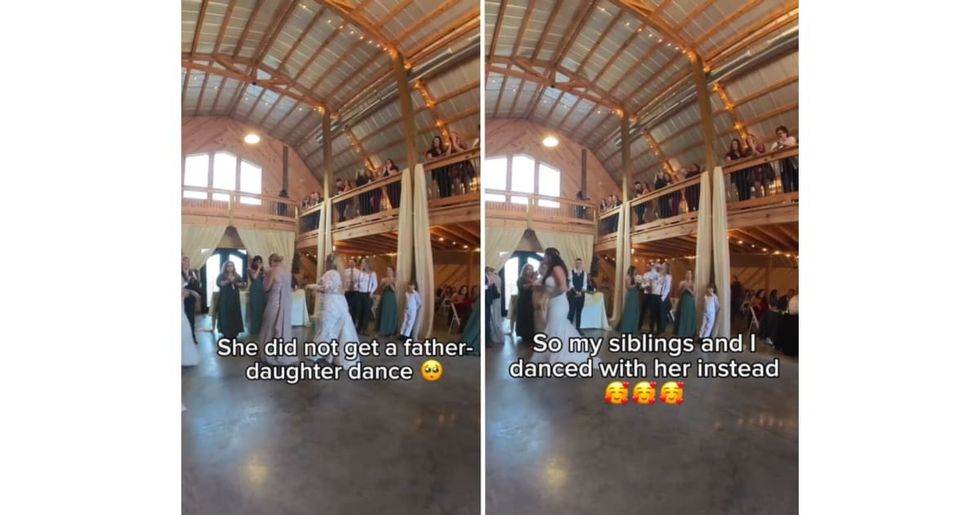 Megan didn't get the dance she thought she would, but got something better instead.
Megan didn't get the dance she thought she would, but got something better instead.